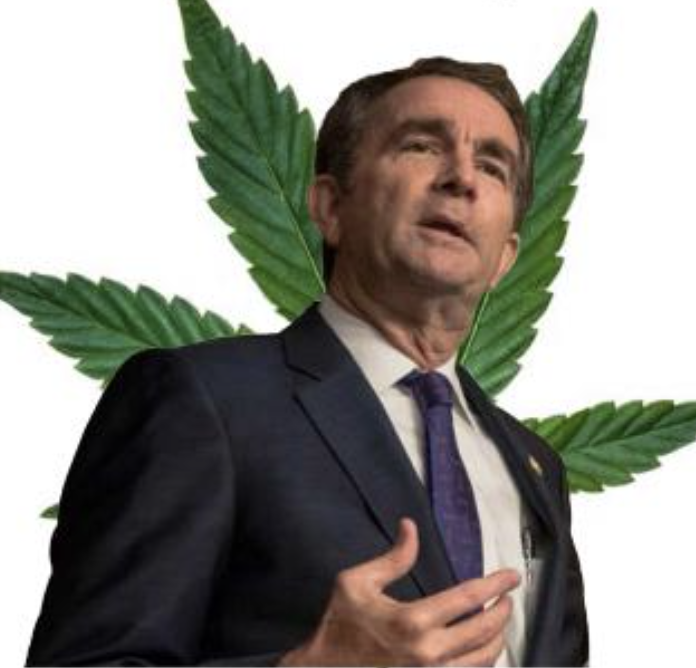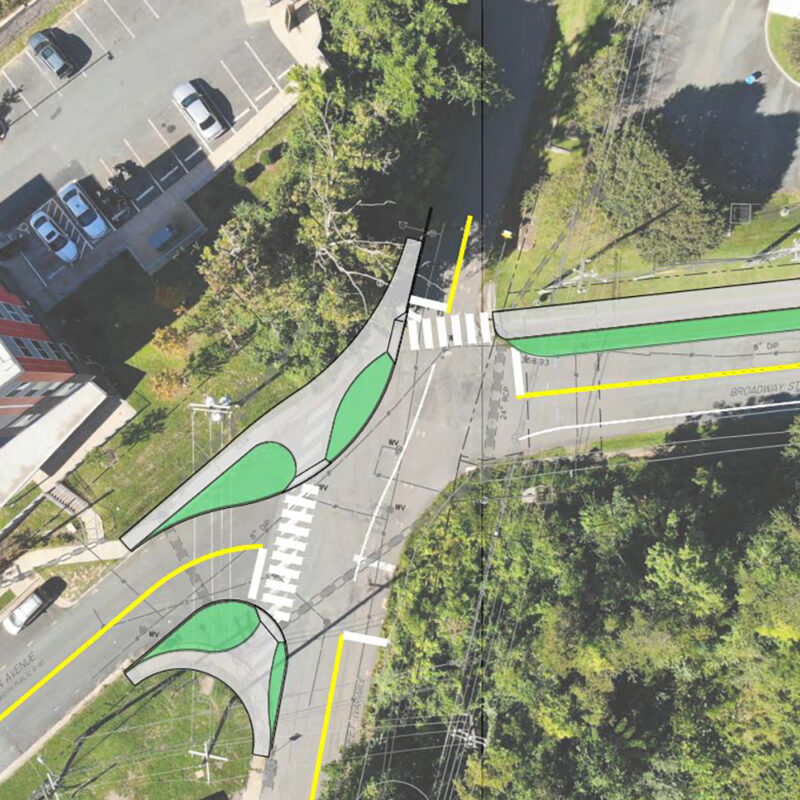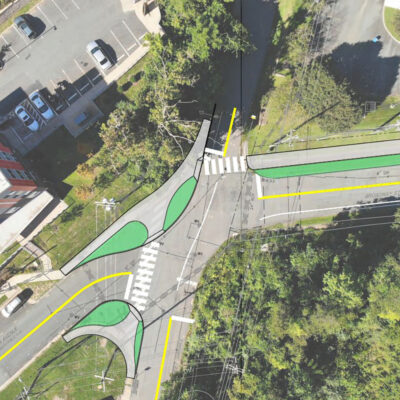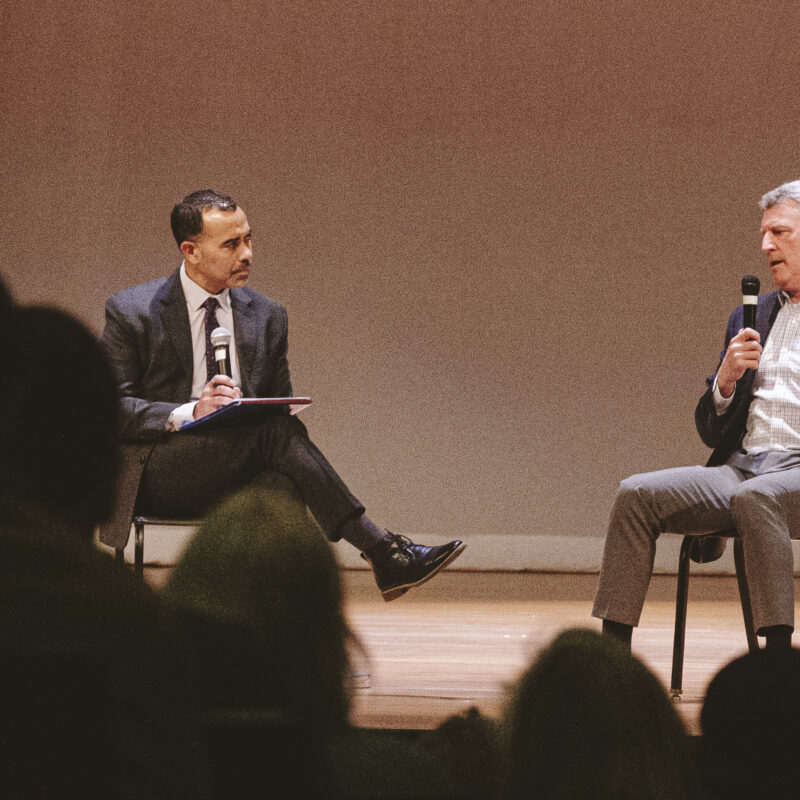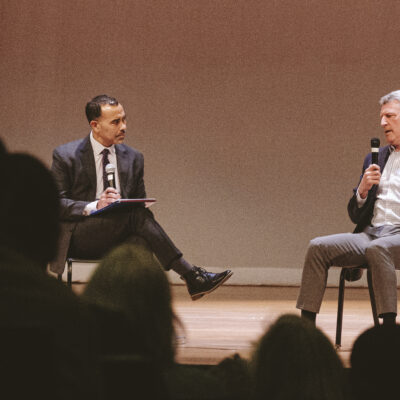Virginia’s marijuana legalization law will go into effect on July 1, making the Old Dominion the 16th state in the nation and the first state in the South to legalize adult recreational cannabis use.
The state’s Democratic-controlled legislature passed an initial marijuana legalization bill in February, then sent it to Governor Ralph Northam for approval. Northam returned the bill with a series of amendments, and last week the legislature voted to approve those changes.
The gov’s amendments accelerated the legalization process significantly. The version of the bill that passed the General Assembly in February would have made adult recreational use legal starting in 2024, with the delay giving the state time to establish a new agency to oversee sales of marijuana products. Northam’s amendments make simple possession legal beginning this summer.
The vote on final bill was deadlocked 20-20 in the state Senate, with Democrat Chap Petersen of Fairfax joining all 19 Republicans in opposition to the legislation. Lieutenant Governor Justin Fairfax stepped in to break the tie in favor of passage.
The bill does include a few contradictions. If possession is legal this summer but sales aren’t allowed until 2024, how are law-abiding stoners supposed to get their herb? One way is to pick up the fertilizer. It’ll be legal to grow up to four marijuana plants beginning July 1, and it’ll be legal to receive the drug as a gift from a grower.
You’re also not supposed to drive with unsealed containers of marijuana—but officially sealed containers don’t exist yet, as state-sanctioned distributors won’t be in action until 2024.
The final version of the bill includes some important criminal justice provisions aimed at redressing the state’s long history of racist implementation of drug laws. The law says that all misdemeanor marijuana possession charges will be automatically expunged, and those with marijuana felonies will be able to petition for expungement. The General Assembly delayed making a decision on what to do about those currently serving time for marijuana-related crimes.
The commonwealth stands to make a tremendous amount of money from taxes on marijuana sales, with early estimates suggesting $300 million over the first five years of legalization. The governor did not change the initially proposed disbursement plan for those funds. Forty percent will be devoted to preschool programs for at-risk kids, 30 percent will be placed in a new Cannabis Equity Reinvestment Fund, 25 percent will go to substance abuse treatment programs, and 5 percent will be left for public health programs in general.
The General Assembly will continue to iron out details in the legalization process during its session next year.
In a statement after the bill’s passage, Northam said he was pleased that the state’s “framework for legalization focuses on public health, public safety, and equity.”
“Marijuana laws were explicitly designed to target communities of color,” he said, “and Black Virginians are disproportionately likely to be stopped, charged, and convicted. Today, Virginia took a critical step to right these wrongs and restore justice to those harmed by decades of over-criminalization.”
